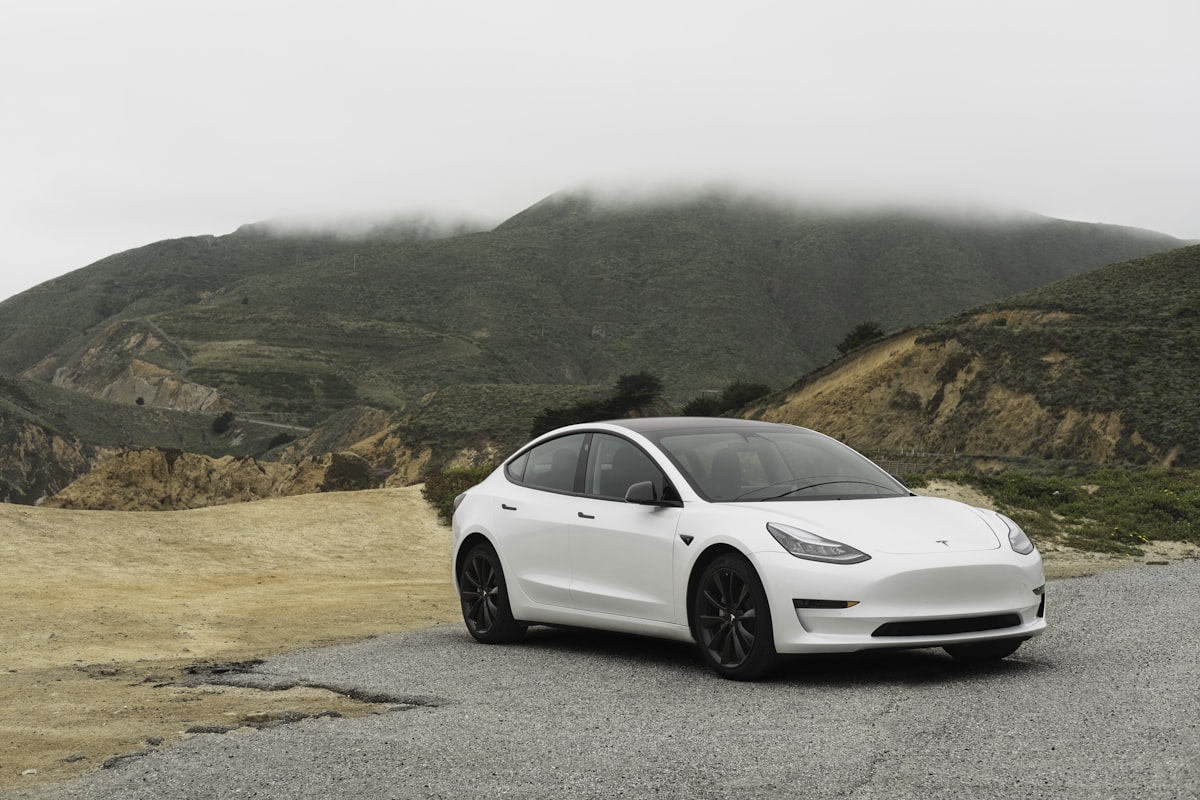EV Charging Solutions for NW Homes
EV Charging Solutions for NW Homes
The rise of electric vehicles (EVs) is not a futuristic concept anymore. It is our new reality. With increasing numbers of NW residents opting for these eco-friendly rides, the demand for efficient home-based EV charging solutions has soared. While public charging stations are essential, the convenience of charging your EV at home cannot be overstated.
Types of Home EV Chargers
There are primarily three types of home EV chargers: Level 1, Level 2, and DC Fast Chargers.

- Level 1 Chargers: These are the most basic chargers and come standard with many EVs. They use a typical 120-volt household outlet. It’s the slowest option, adding about 2 to 5 miles of range per hour of charging.
- Level 2 Chargers: These require a 240-volt outlet, similar to those used by large home appliances like dryers. They offer faster charging, typically providing about 10 to 60 miles of range per hour. Most common for home installations.
- DC Fast Chargers: Designed for quick charging, these are more commonly found in public charging stations. They provide rapid charging, adding about 60 to 100 miles of range in 20 minutes. Though not typical for home use, some high-end models are making their way into residential setups.
Choosing the Right Charger for Your Home
When selecting an EV charger for your NW home, consider several factors:
- Your Driving Habits: If you have a short commute and only need to charge your vehicle overnight, a Level 1 charger may suffice. For longer daily drives or multiple vehicles, a Level 2 charger will be more practical.
- Installation Costs: Level 1 chargers usually don’t require professional installation. Level 2 chargers will need an electrician to install a 240-volt outlet, which adds to the cost. DC Fast Chargers involve significant installation expenses, including potential upgrades to your home’s electrical system.
- Future-proofing: Consider your long-term needs. Investing in a more powerful charger may save money and hassle if you plan to upgrade to a vehicle with a larger battery.
Installation Considerations
Proper installation is crucial for safety and efficiency.
- Location: Choose a spot in your garage or driveway where the charger will be protected from the elements. Ensure it’s easily accessible and close to where you traditionally park your vehicle.
- Electrical Capacity: Have an electrician assess your home’s electrical capacity. This evaluation will determine if your home can support the charger you plan to install or if upgrades to the electrical panel are needed.
- Permits: Check local regulations to see if you need permits to install an EV charger. Some areas have specific codes and ordinances that must be followed.
Cost of Home EV Charging Stations
The initial cost of a home EV charging station varies.
- Level 1 Chargers: These can often be included with the purchase of an EV. They cost between $300 and $600 if bought separately.
- Level 2 Chargers: Prices range from $500 to $1,500, not including installation costs, which can add another $500 to $1,200.
- DC Fast Chargers: These are significantly more expensive, with units costing from $10,000 to $50,000, plus substantial installation costs.
Incentives and Rebates
Various federal, state, and local incentives can offset the cost of home EV chargers.
- Federal Tax Credits: The federal government offers tax credits for installing EV charging stations. Check the latest IRS guidelines for specifics.
- State Rebates: Some states provide rebates or incentives for EV charger installation. For instance, Washington State has programs that provide substantial rebates for both the equipment and installation costs.
- Local Utility Programs: Many NW utilities offer incentives and rebates for home chargers. Seattle City Light, for example, has programs that help reduce the cost of installing Level 2 chargers.
Popular EV Chargers for NW Homes
A few popular options can streamline your decision-making process.
- JuiceBox 40: A well-regarded Level 2 charger that offers 40 amps of power and comes with smart charging features. It’s Wi-Fi enabled, allowing remote monitoring and scheduling of charging times.
- ChargePoint Home Flex: Another top-rated Level 2 charger with adjustable amperage settings. It offers up to 50 amps and can be installed either indoors or outdoors.
- Tesla Wall Connector: Specifically designed for Tesla vehicles, this Level 2 charger can provide up to 44 miles of range per hour. It’s an attractive option for Tesla owners but requires professional installation.
Smart Charging Features
Integrating smart features into your home charger can add convenience and efficiency.
- Remote Monitoring: Many modern chargers come with Wi-Fi connectivity, allowing you to monitor charging status via a smartphone app. This feature can be convenient for managing charging times and checking energy usage.
- Scheduled Charging: This allows you to set specific times for your EV to charge, often aligning with off-peak electricity rates. It can save you money on energy costs.
- Energy Management: Some chargers can integrate with your home energy management system, optimizing charging based on overall household energy use.
Future Trends in EV Charging
The world of EV charging is rapidly evolving. Wireless charging technology is on the horizon and could eliminate the need for cables altogether. Automakers and tech companies are developing bi-directional charging systems, allowing EVs to power homes during outages or feed energy back into the grid. Smart grids and more advanced energy management systems are expected to enhance the efficiency of home charging further.
Environmental Impact
Charging your EV at home often means using cleaner energy compared to traditional fuels. The NW region is rich in renewable energy sources, particularly hydroelectric power. This reduces the overall carbon footprint of driving an EV. Home solar panels can further lower the environmental impact. By producing your own clean energy, you can charge your EV with minimal environmental consequences.
Maintenance and Safety Tips
Keeping your EV charger in good working order is essential for safety and efficiency.

- Regular Inspections: Periodically check the charger and its components for any wear or damage.
- Cleaning: Keep the charging station clean and free from dust and debris to ensure optimal performance.
- Professional Maintenance: Schedule regular check-ups with a professional electrician to ensure everything is functioning correctly. Addressing minor issues can prevent bigger problems down the line.
Home Charging Stations vs. Public Charging
Both options have their own set of advantages. Home charging offers unmatched convenience and control. You can charge overnight during off-peak hours, saving money and ensuring your vehicle is ready to go each morning. Public charging stations are ideal for long trips or when you’re away from home. They often provide faster charging options, which can be crucial in tight schedules. Combining both creates a versatile and reliable charging ecosystem for your EV.
Common Myths About Home EV Charging
There are several misconceptions that can deter people from installing a home EV charger.
- Myth 1: Home charging is too expensive. With varying levels and available incentives, there’s a fitting option for most budgets.
- Myth 2: It’s unsafe. With proper installation and regular maintenance, home chargers are very safe.
- Myth 3: It’s not necessary. While public stations are growing in number, the convenience and cost savings of home charging are unmatched.
Living with an EV in the NW
The NW’s progressive approach to renewable energy offers an excellent backdrop for EV owners. With a robust infrastructure for public charging and supportive policy frameworks, making the switch to an EV becomes an easy decision. The region’s commitment to sustainability aligns perfectly with the benefits of driving electric, making it a win-win for both residents and the environment.
Recommended EV Accessories
NOCO GENIUS10 Smart Charger – $79.95
Advanced battery maintainer and charger.
EV Charging Station Guide
Navigate the EV charging landscape.
As an Amazon Associate, we earn from qualifying purchases.




Subscribe for Updates
Get the latest articles delivered to your inbox.
We respect your privacy. Unsubscribe anytime.